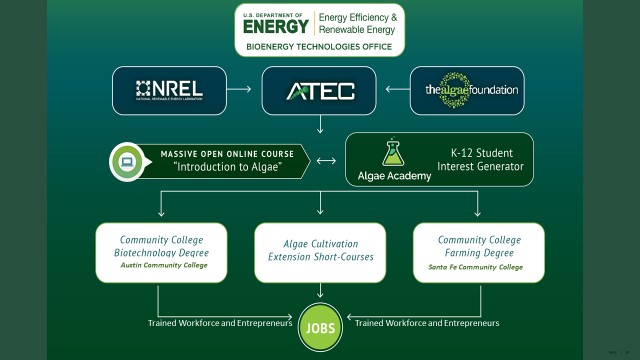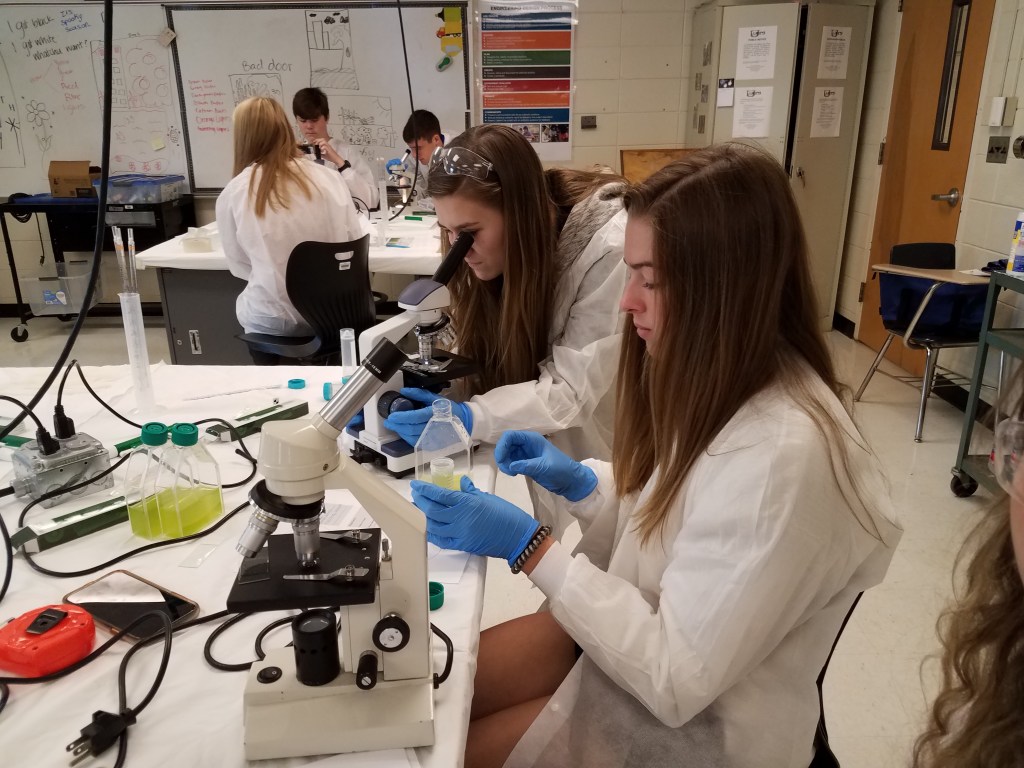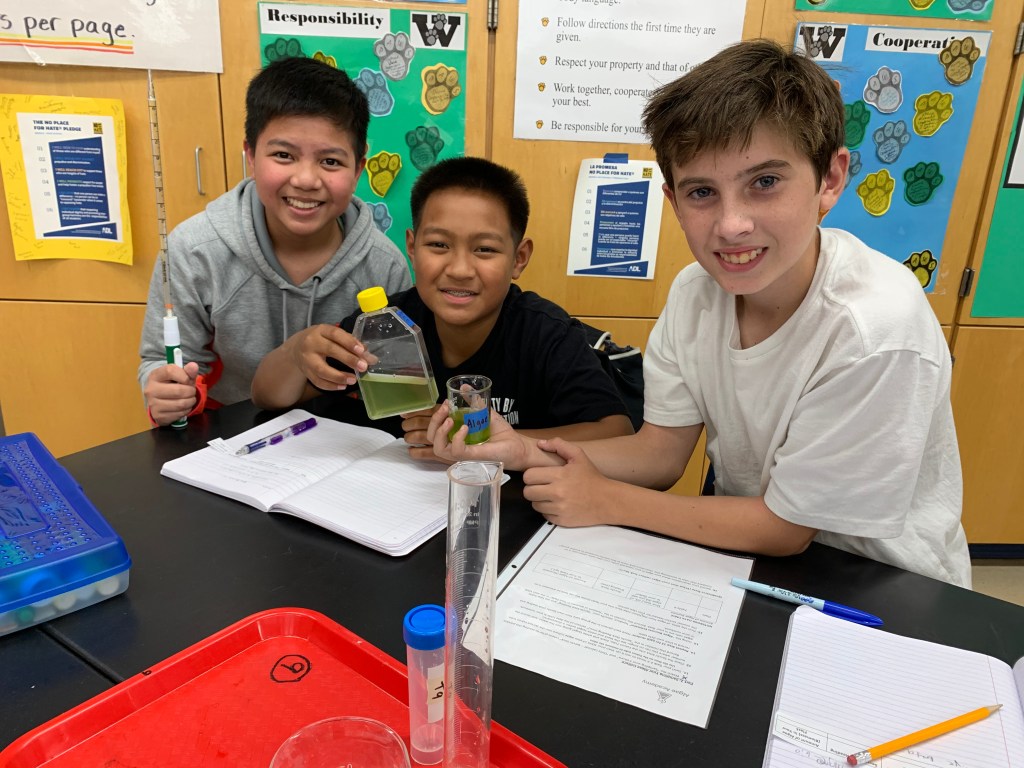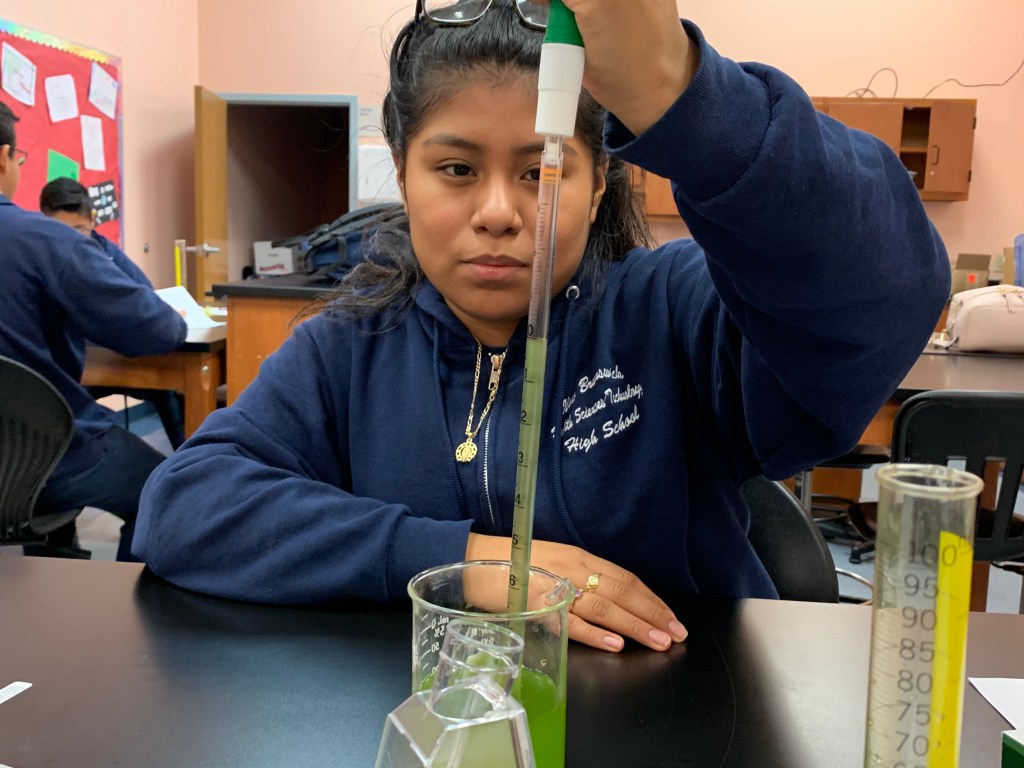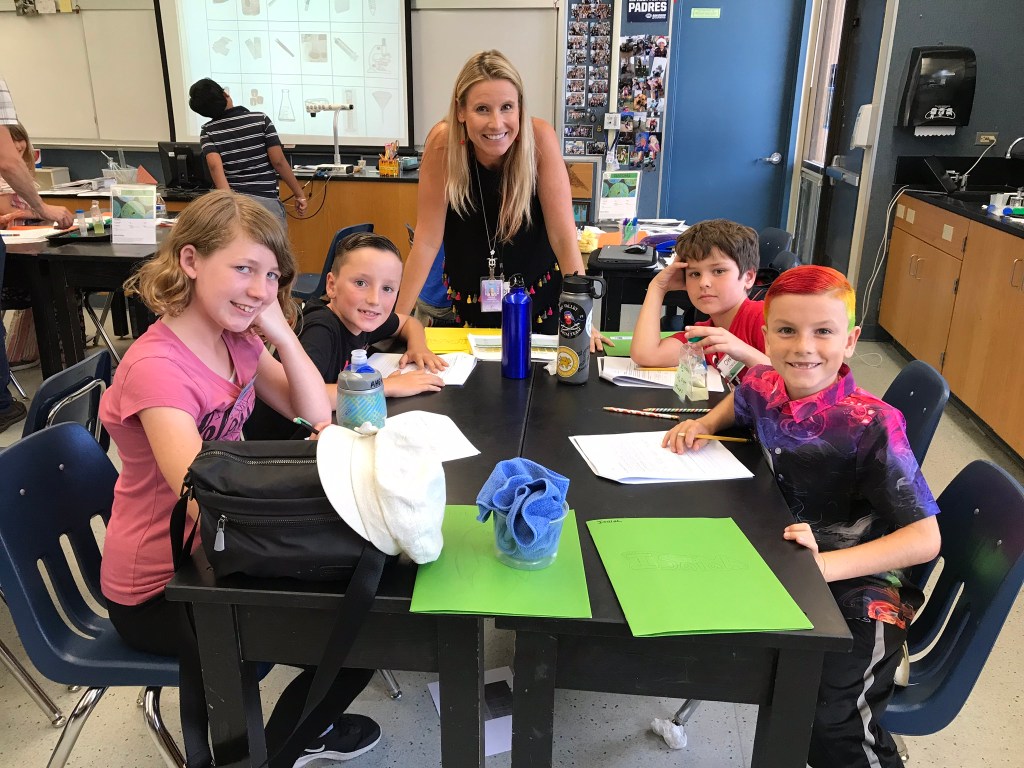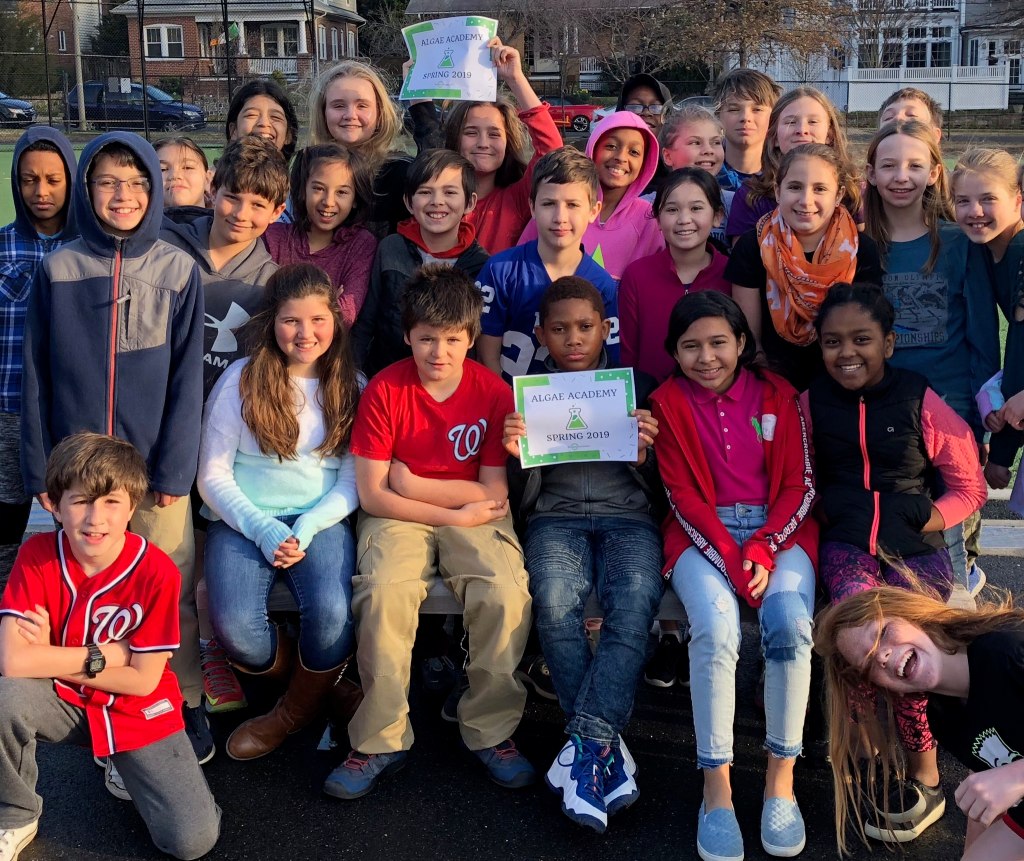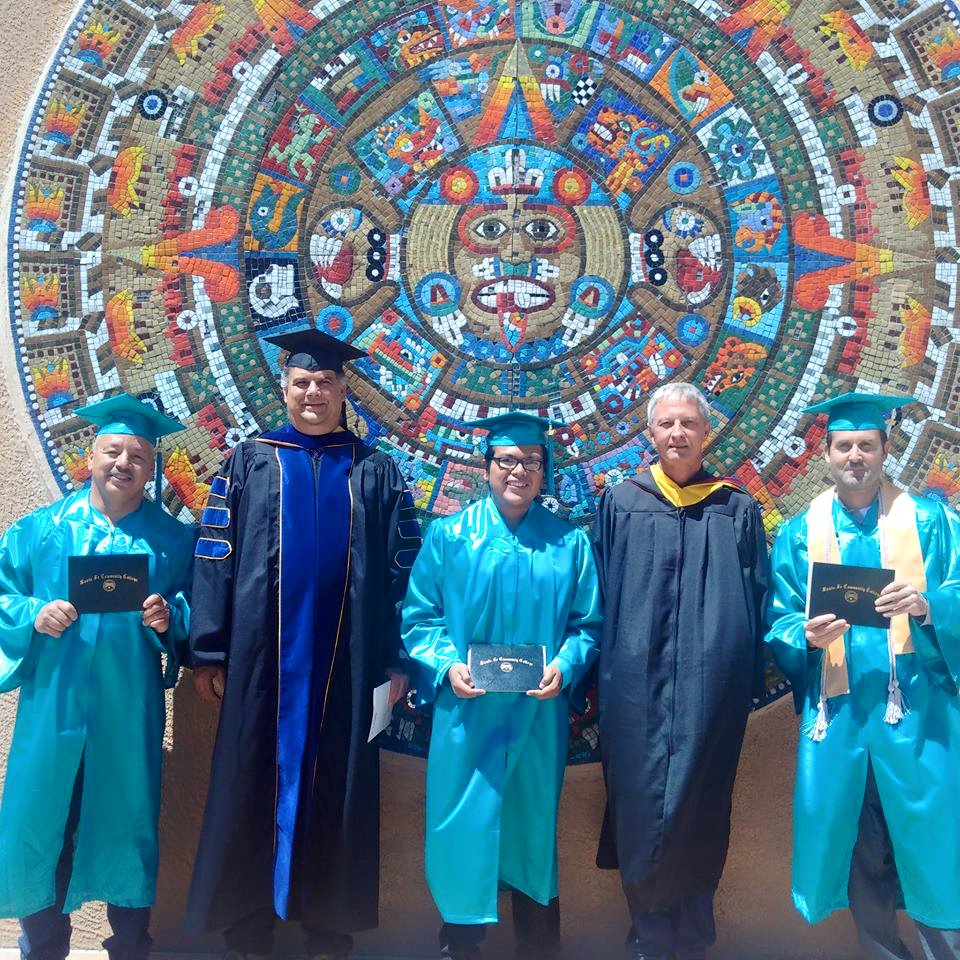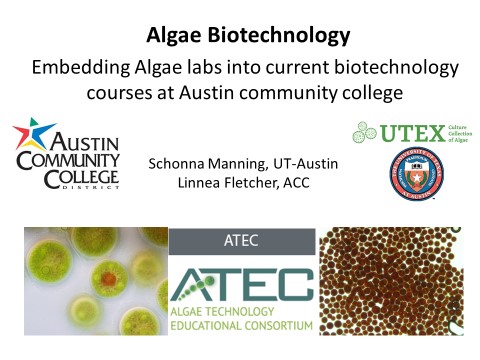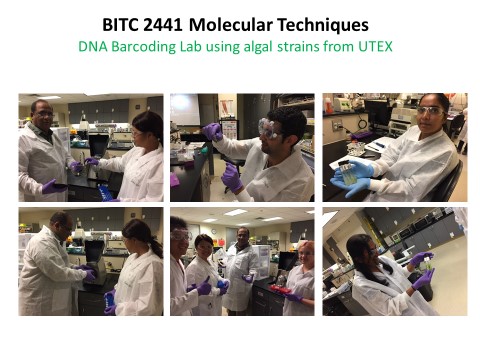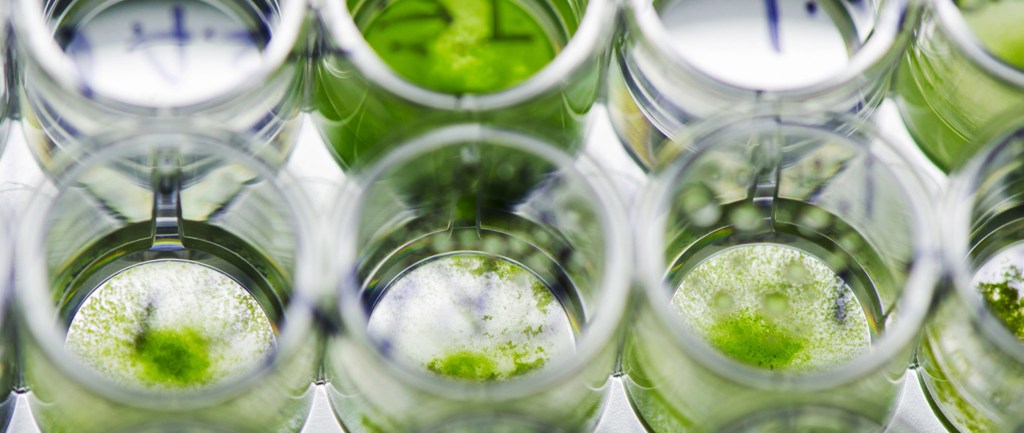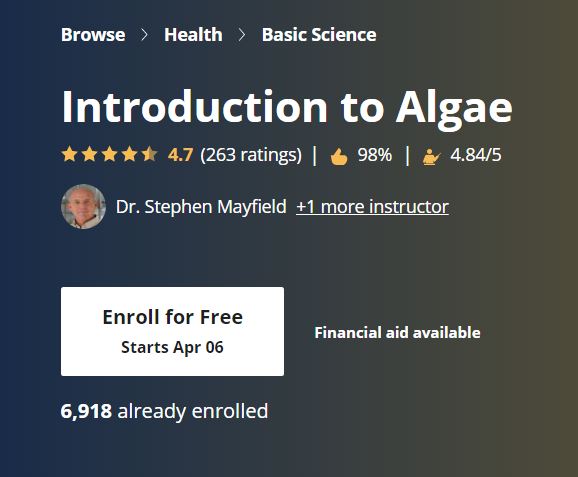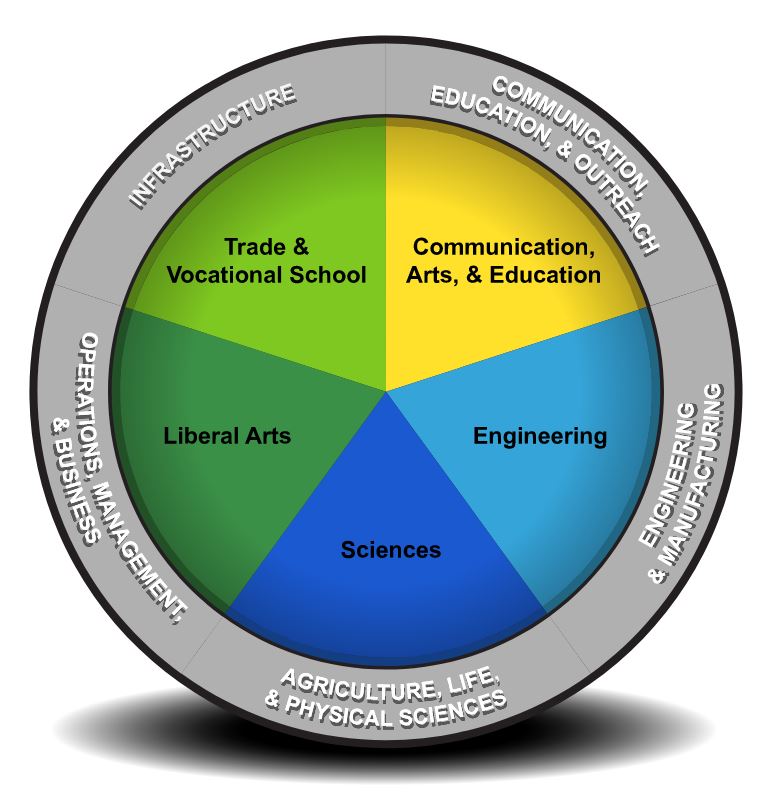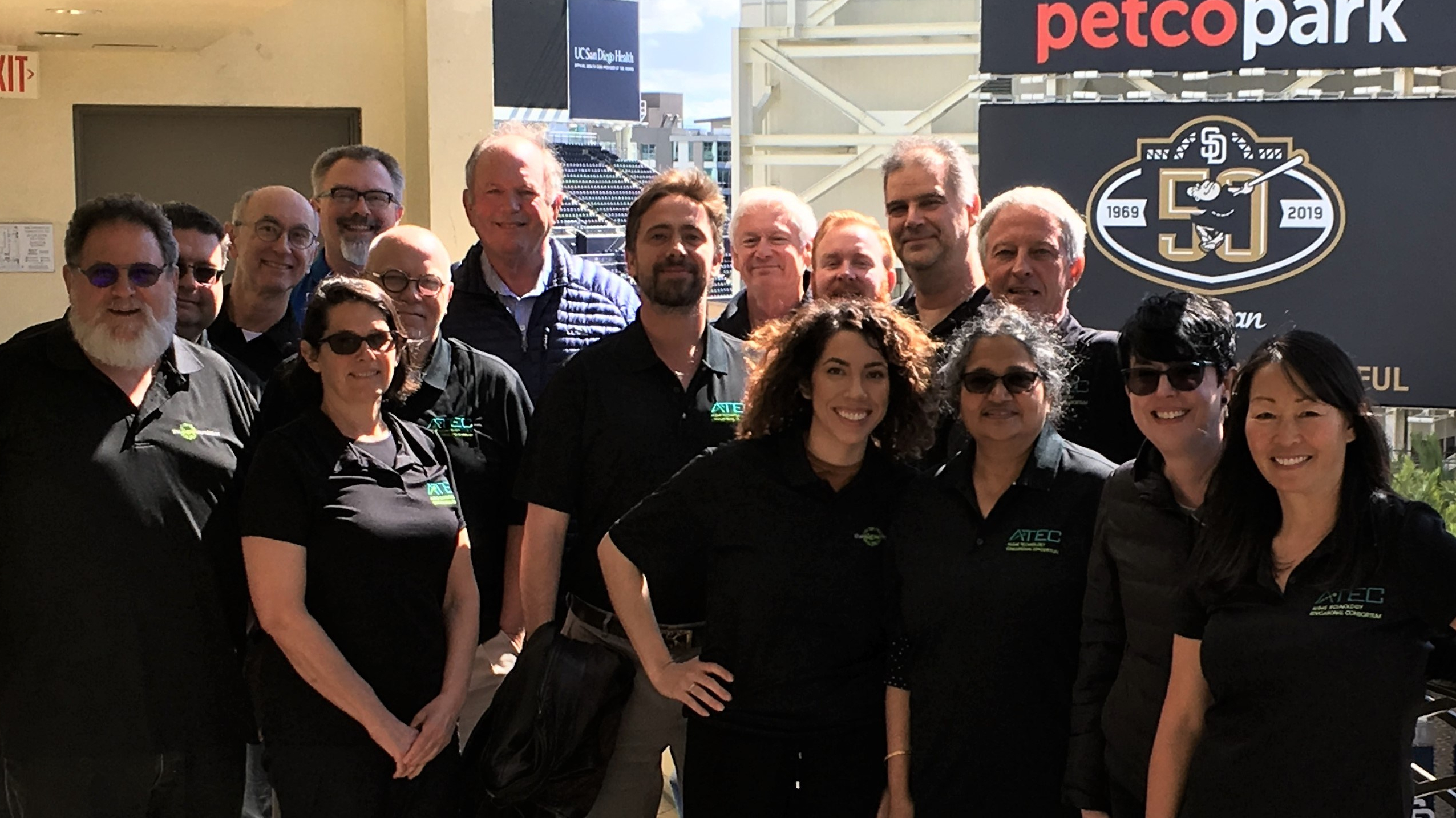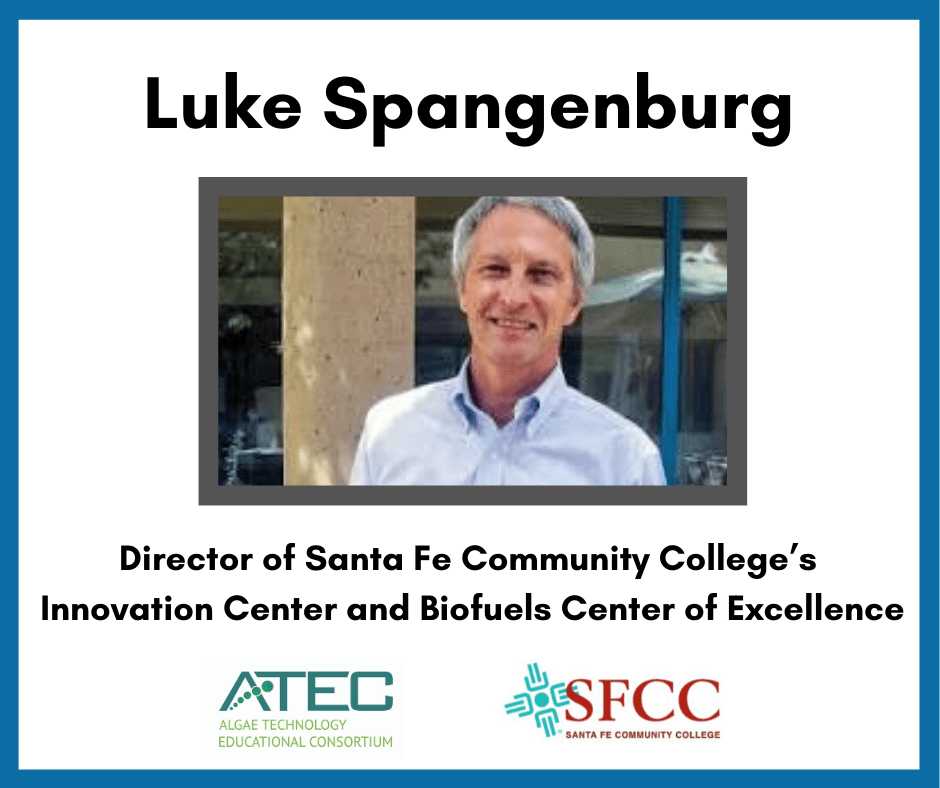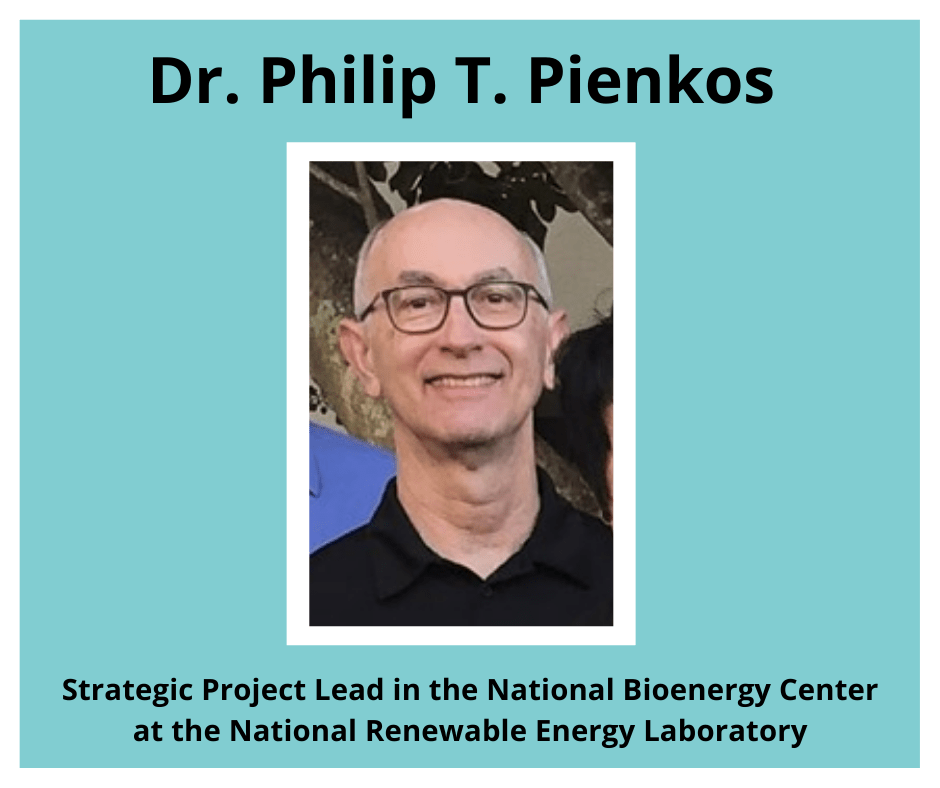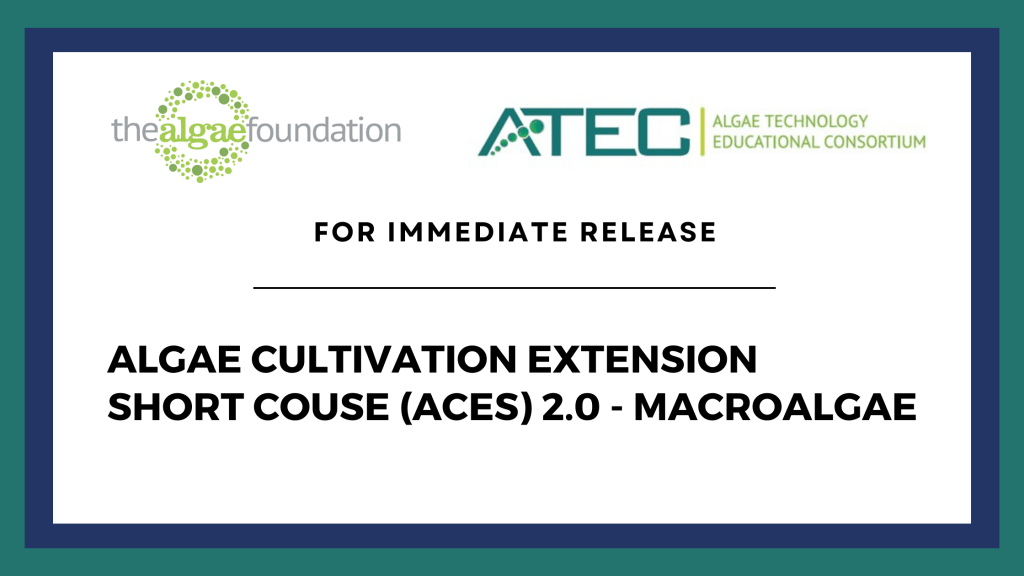
The Algae Technology Educational Consortium (ATEC) is excited to announce a major expansion of the Algae Cultivation Extension Short-course (ACES) for Seaweed. ACES 2.0 has added over 60 new videos and a dozen more recent publications all focused on cutting edge research and operations in the fast-growing macroalgae aquaculture industry.
These new videos include presentations from the 2022 Northeast Aquaculture Conference and Expo and the Seagriculture meeting in Portland, Maine, plus new content from Greenwave and workshops from Alaska. There is a special section on cutting edge small scale, very focused, seaweed production from Monterey California.
There is plenty of new content for those from the 88 countries around the world who have already registered for ACES Seaweed. To get better feedback about what items are of most interest to those going through ACES 2.0, we are asking both new and old participants to register. As always, all of ACES 2.0 for Seaweed is absolutely free. Please complete the short evaluations embedded throughout the course, it will help us customize better information for the future. We are so proud of the reception that ACES has received and getting better information about those who are investigating seaweed aquaculture can only make us better.
The Algae Technology Educational Consortium and the Algae Cultivation Extension Short-course are funded through the US Department of Energy though The Algae Foundation working with the National Renewable Energy Laboratory.
Access ACES 2.0 at the link below.




